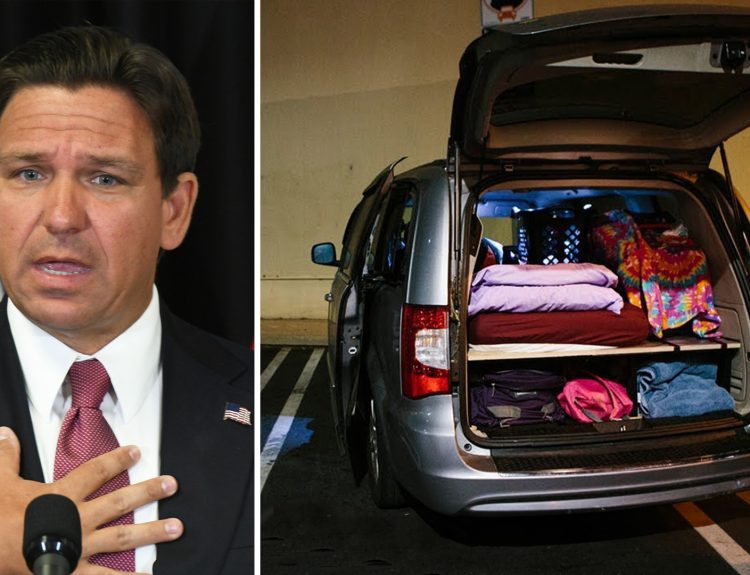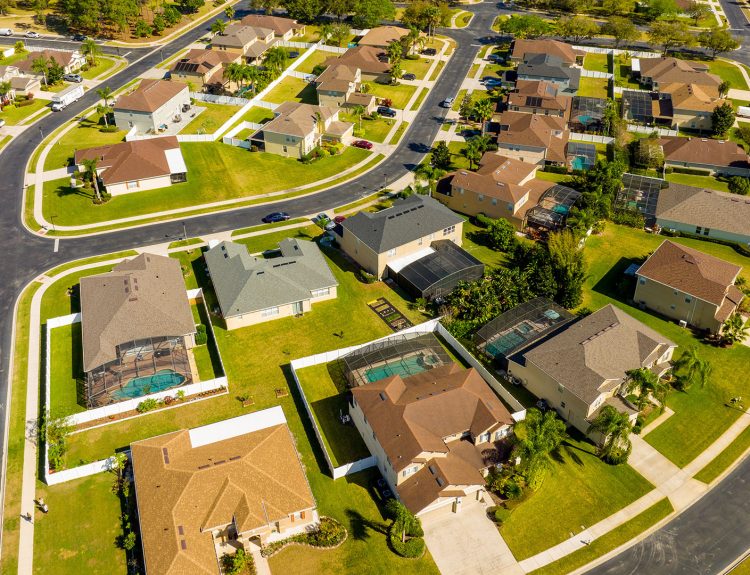In a fiery social media post, Donald Trump Jr. has ignited a heated debate surrounding squatters’ rights laws in the United States. The son of former president Donald Trump took to Truth Social, passionately expressing his concerns about the potential impact of these laws on homeowners. As the controversy unfolds, Americans are left wondering about the future of property rights under the current administration.
Trump Jr.’s Scathing Criticism of Squatters’ Rights
Donald Trump Jr. didn’t mince words when he took to Truth Social to voice his outrage over the existence of squatters’ rights laws. In his impassioned post, he suggested that these laws are becoming more prevalent in “Joe Biden’s America” and that they unfairly benefit squatters at the expense of homeowners. Trump Jr.’s scathing criticism has sparked a nationwide conversation about the fairness and necessity of such laws.

The controversial post has left many Americans wondering about the potential consequences of squatters’ rights laws. Trump Jr.’s rhetorical question, “How long till someone moves into your home and throws you out?” has struck a nerve with homeowners across the country, raising concerns about the security of their property rights in the face of these laws.
The Origins of Squatters’ Rights Laws
Despite Trump Jr.’s seeming assertion about the Biden administration’s role in the proliferation of squatters’ rights, the truth is that these laws have a long and complex history. Tracing their roots back to ancient Roman law in the 6th Century, squatters’ rights laws later spread throughout Europe and were eventually inherited by the United States from British common law.
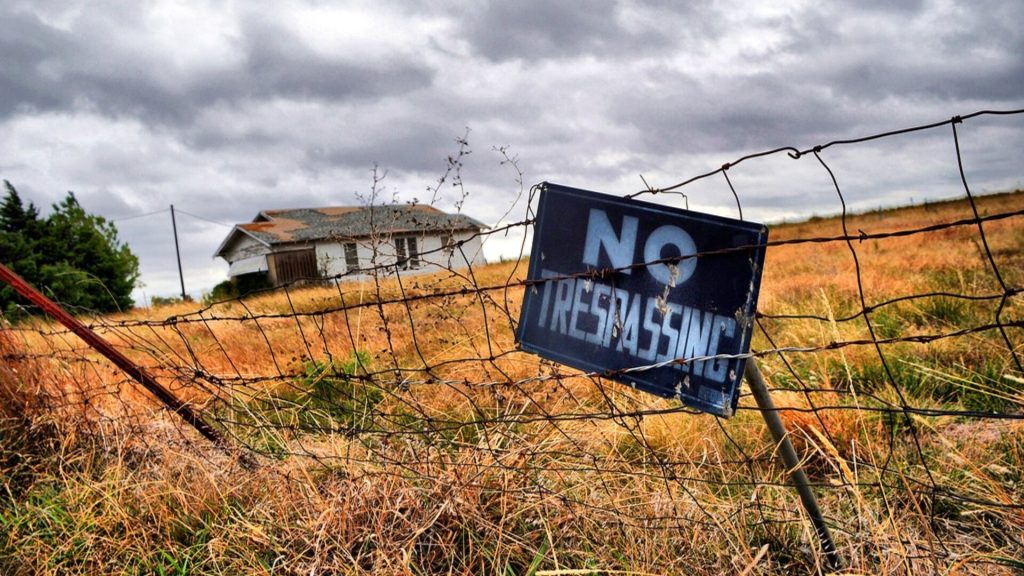
The concept of adverse possession, which forms the basis of modern squatters’ rights laws, has been a part of American legal tradition since before the country achieved independence. While the specifics of these laws vary from state to state, they generally allow individuals to take ownership of a property by living in or possessing it for a set period.
The Complexity of Squatters’ Rights Across the U.S.
Contrary to popular belief, the political makeup of a state does not necessarily dictate the strictness or leniency of its squatters’ rights laws. While California, a predominantly Democratic state, requires a relatively short five-year period for squatters to achieve ownership, traditionally Republican states like Iowa and Florida have similarly brief time requirements.
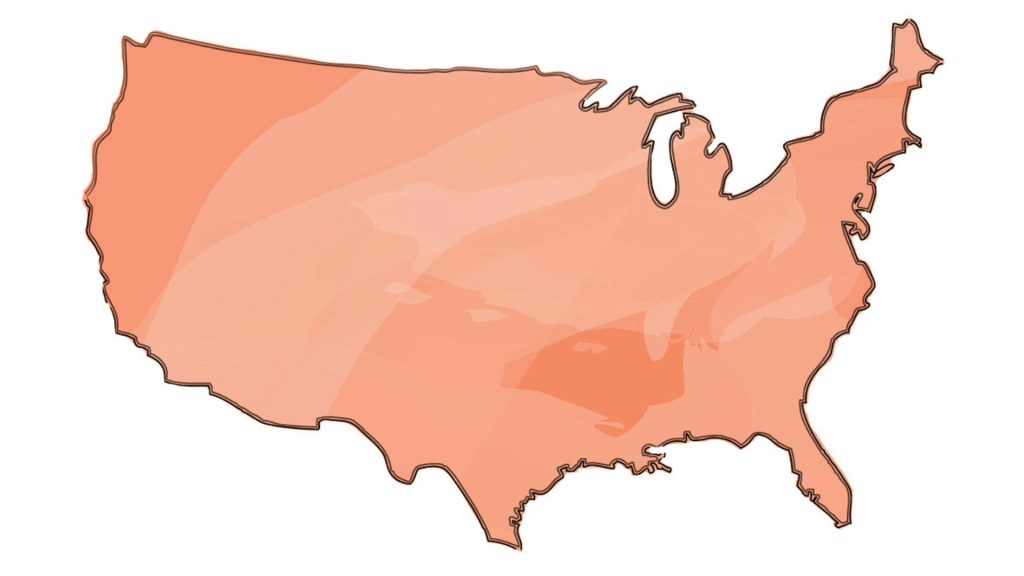
On the other hand, states that mandate 20 years for adverse possession span the political spectrum, including Massachusetts, Maryland, Idaho, and Georgia. This complex patchwork of laws demonstrates that the issue of squatters’ rights transcends partisan lines and requires a nuanced understanding of each state’s unique legal landscape.
The New York Controversy: A Battle Between Landlords and Squatters
The squatters’ rights debate has recently come to a head in New York, where the Trump family has conducted much of its business. A bill currently before the state assembly aims to make it easier for landlords to remove squatters from their properties, challenging existing laws that protect individuals who claim to be tenants or have resided in a property for at least 30 days.
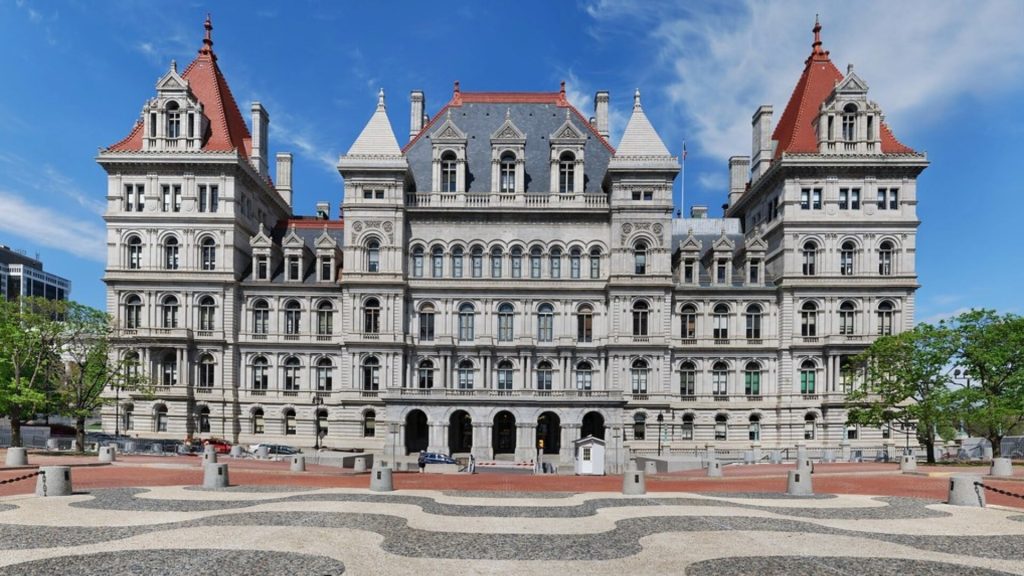
Under current New York law, landlords are prevented from taking certain actions against alleged squatters and must go through the court system to evict them. This has led to frustration among property owners who feel that their rights are being infringed upon by individuals who occupy their properties without permission.
The Debate Heats Up: Supporters and Critics Weigh In
As the controversy surrounding squatters’ rights continues to unfold, both supporters and critics of these laws have passionately voiced their opinions. Advocates argue that squatters’ rights serve an important purpose, providing a pathway to homeownership for individuals who may otherwise struggle to secure stable housing.

On the other hand, critics echo Trump Jr.’s concerns, asserting that these laws unjustly prioritize the rights of squatters over those of property owners. They argue that homeowners should have the ability to swiftly remove unauthorized occupants from their properties without having to navigate a complex and time-consuming legal process.
The Potential Impact on Homeowners
As the debate rages on, many homeowners are left wondering how squatters’ rights laws might impact them personally. The fear of losing one’s home to a squatter has become a genuine concern for some, particularly in states with more lenient adverse possession requirements.

While such cases are relatively rare, the mere possibility of a squatter taking over a property has led some homeowners to take extra precautions, such as regularly checking on vacant properties and promptly addressing any signs of unauthorized occupancy. The uncertainty surrounding these laws has created an atmosphere of unease among property owners nationwide.
The Role of Law Enforcement
As squatters’ rights cases continue to make headlines, the role of law enforcement in addressing these situations has come under scrutiny. In many instances, police officers find themselves in a difficult position, tasked with determining whether an individual is a legitimate tenant or an illegal squatter.
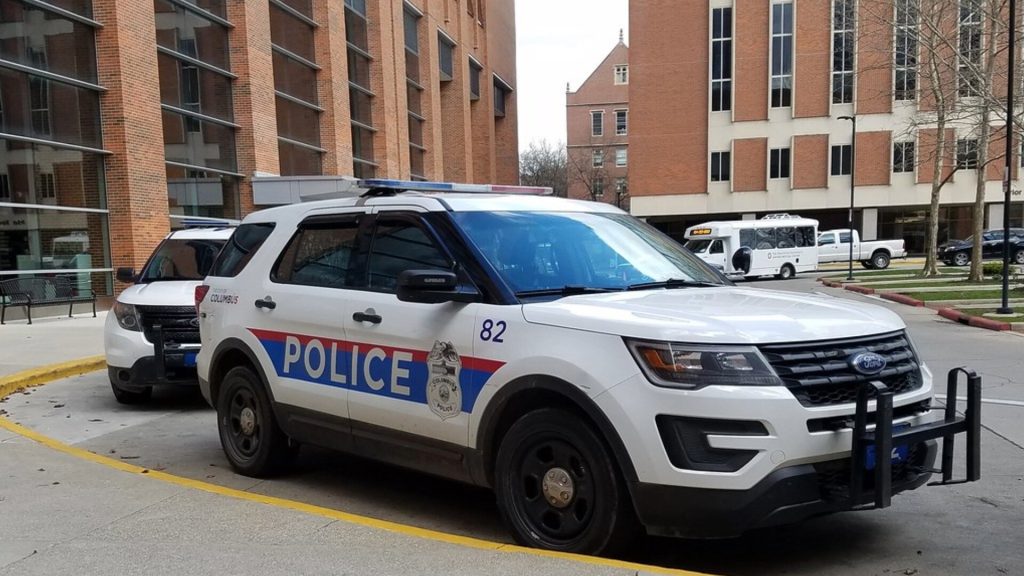
The complex nature of these laws, combined with the need to respect due process, can make it challenging for law enforcement to take immediate action against alleged squatters. This has led to frustration among some homeowners who feel that the system is not adequately protecting their property rights.
The Historical Context of Adverse Possession
To fully understand the squatters’ rights debate, it is essential to examine the historical context in which adverse possession laws developed. These laws have their roots in a time when the land was abundant and record-keeping was less sophisticated, making it difficult to determine the rightful owner of a property.

Adverse possession laws were designed to ensure that land was put to productive use and to prevent absentee owners from neglecting their properties indefinitely. In the modern era, however, the relevance and fairness of these laws have come under increasing scrutiny.
The Importance of Property Rights
At the heart of the squatters’ rights controversy lies the fundamental question of property rights. The right to own and control one’s property is a cornerstone of the American legal system, and any perceived threat to this right is sure to generate passionate debate.
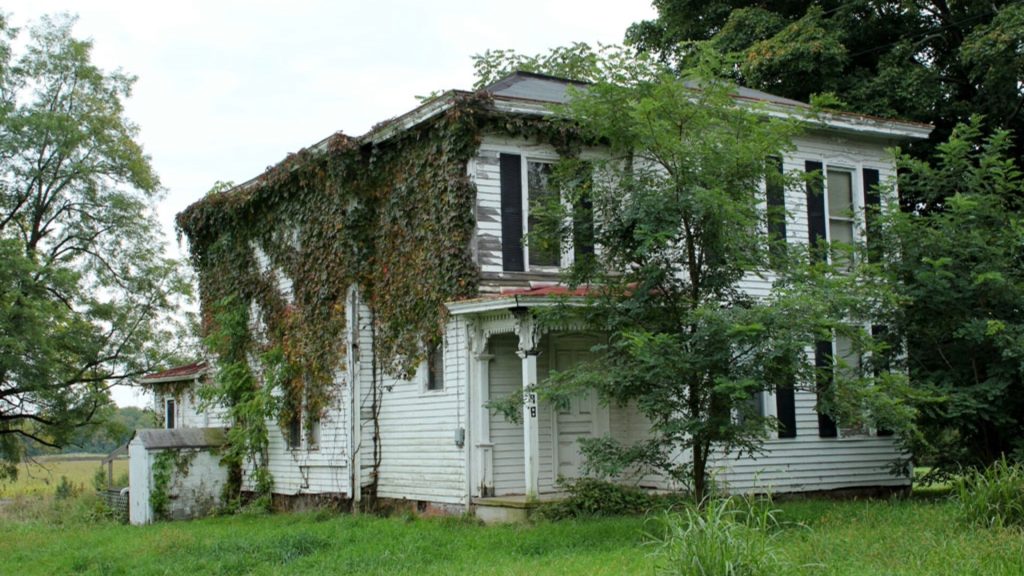
Critics of squatters’ rights laws argue that these regulations undermine the very concept of property ownership, allowing individuals to claim rights to a property simply by occupying it without the owner’s consent. Supporters, on the other hand, maintain that adverse possession serves a valuable purpose in ensuring that land is used productively and not left to languish.
The Socioeconomic Dimensions of Squatters’ Rights
The squatters’ rights debate is not solely a legal issue; it also has significant socioeconomic implications. In many cases, individuals who resort to squatting are among the most vulnerable members of society, often facing poverty, homelessness, and a lack of access to affordable housing.
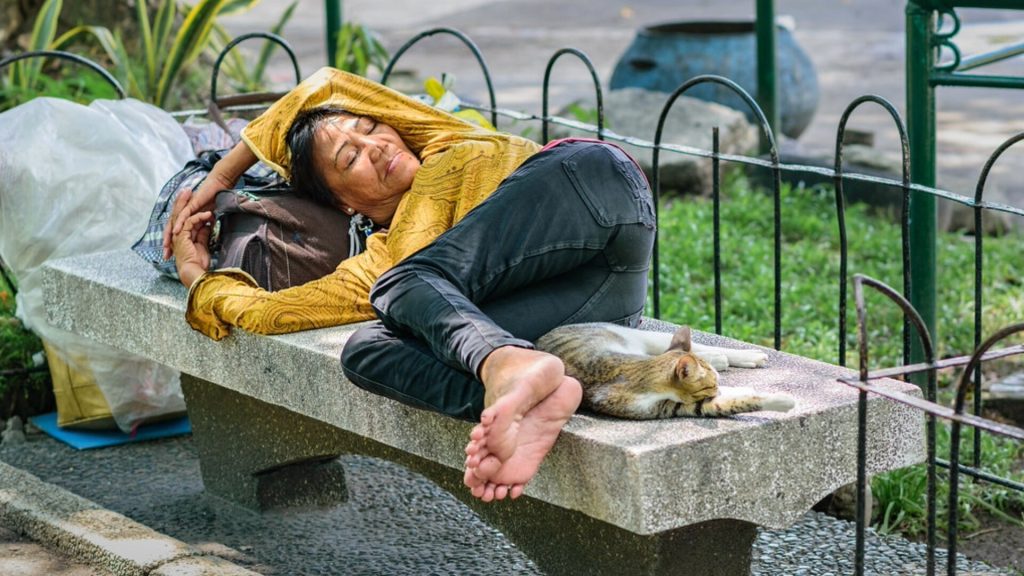
While critics argue that squatters’ rights laws unjustly reward illegal behavior, supporters contend that these regulations provide a vital lifeline for those who have fallen through the cracks of the social safety net. Addressing the root causes of squatting, such as poverty and housing insecurity, is a complex challenge that requires a multifaceted approach.
Navigating the Legal Landscape
For homeowners concerned about the potential impact of squatters’ rights laws, navigating the legal landscape can be a daunting task. The specifics of these laws vary widely from state to state, and even within states, the application of adverse possession can be subject to interpretation.
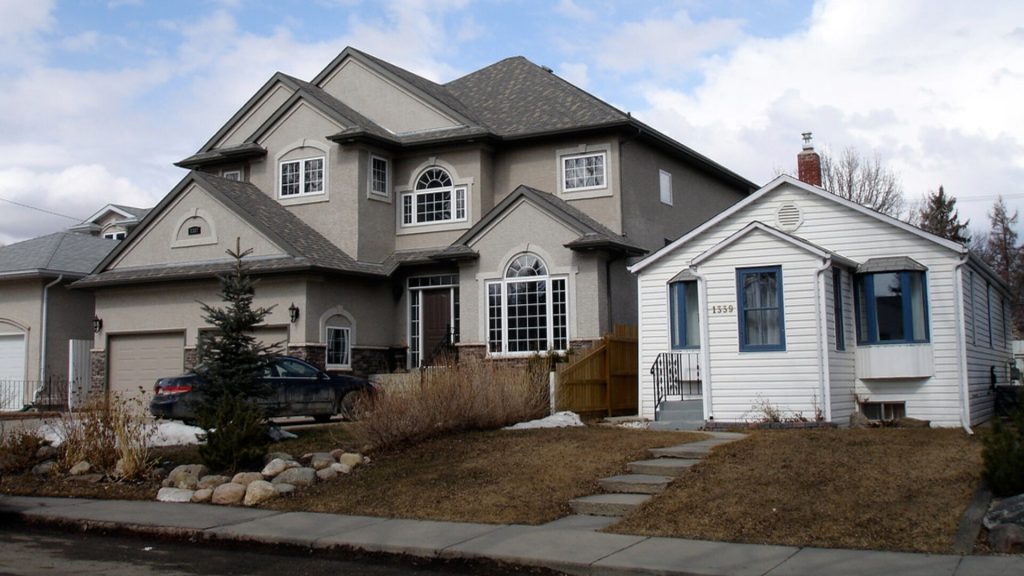
Homeowners who find themselves in a squatters’ rights dispute are advised to seek the guidance of an experienced real estate attorney who can help them understand their rights and options under the law. Taking proactive steps to secure one’s property, such as regularly inspecting vacant properties and promptly addressing any signs of unauthorized occupancy, can also help mitigate the risk of a squatters’ rights claim.
The Need for Balanced Solutions
As the debate surrounding squatters’ rights continues to evolve, it is clear that finding balanced solutions will require careful consideration of the competing interests at stake. Policymakers must strive to strike a delicate balance between protecting the rights of property owners and ensuring that the most vulnerable members of society have access to safe and stable housing.

Addressing the squatters’ rights controversy will likely involve a combination of legal reforms, social programs, and community-based initiatives. By fostering open dialogue and collaboration among stakeholders, it may be possible to develop innovative approaches that respect property rights while also addressing the underlying social and economic factors that contribute to squatting.
The Future of Squatters’ Rights
As the nation grapples with the complex issues surrounding squatters’ rights, the future of these laws remains uncertain. While some states may move to strengthen protections for property owners, others may seek to expand the rights of squatters to address housing insecurity.

Regardless of the specific policy changes that emerge, it is clear that the squatters’ rights debate will continue to be a contentious and emotionally charged issue. As society evolves and new challenges arise, the legal system will need to adapt to ensure that the rights of all parties are balanced and protected.




